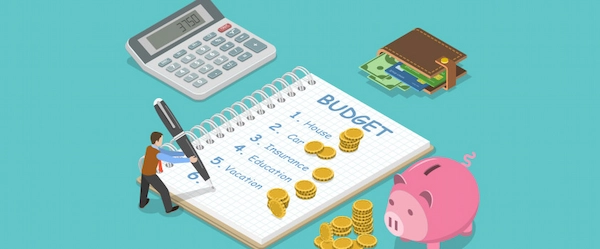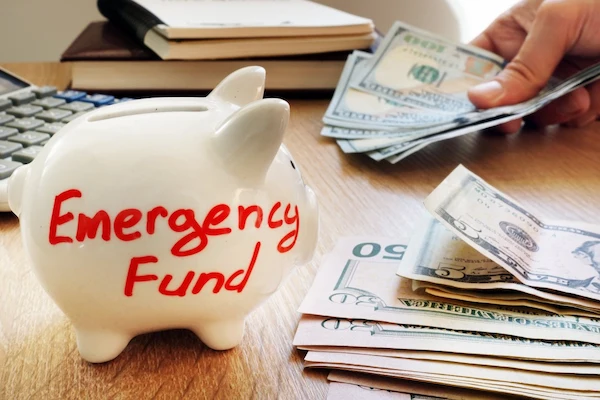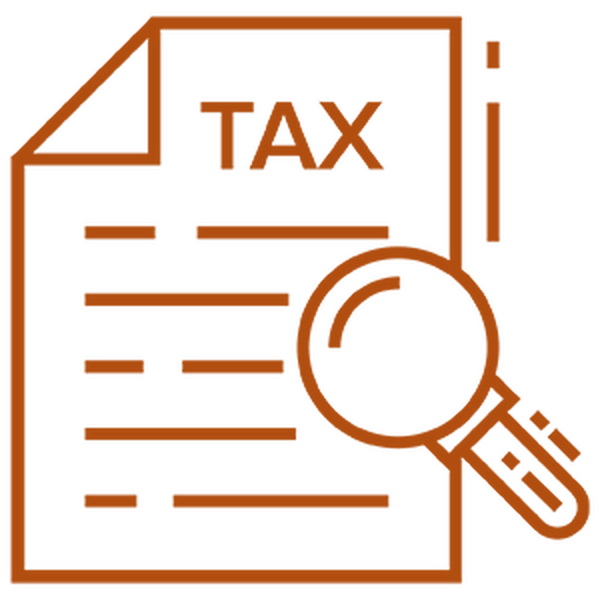Financial Planning for a Relocation to Vietnam
Are you considering moving to Vietnam? This is a major decision that requires careful preparation, especially when it comes to your finances. At Jobinvietnam.net, we understand that financial planning for a move to a new country can be challenging. That’s why we’ve put together a comprehensive guide to help you prepare for your upcoming journey.
Determine Cost of Living

The first step in financial planning for a move to Vietnam is to determine the cost of living. Vietnam is known for its affordable lifestyle, but your actual costs will depend on your location and lifestyle.
Consider the following factors:
- Housing: Rent prices range from $200 to $1,000 per month, depending on location and type of accommodation.
- Food: You can enjoy a street food meal for as little as $1-2, while a meal at a high-end restaurant can range from $20-50.
- Transportation: Taking the bus is a budget-friendly option, with fares around $0.30 for a single trip. Motorbikes are the most popular mode of transportation, with rental prices around $50-100 per month.
Create a Budget

Once you have an idea of the cost of living, it’s time to create a budget. Start by listing your anticipated income, including your salary, rental income, and any other passive income sources.
Next, list your fixed expenses, such as:
- Rent
- Utilities
- Insurance
- Debt payments
Then, estimate your flexible expenses, such as:
- Food
- Entertainment
- Travel
- Shopping
Finally, calculate your savings. Financial experts recommend aiming to save at least 20% of your income.
Build an Emergency Fund

Living in a new country comes with uncertainties. That’s why building an emergency fund is crucial. This fund should cover 3-6 months of living expenses, allowing you to cope with any unexpected financial crises.
Consider opening a separate savings account for your emergency fund. Set up automatic contributions from your checking account to ensure that you’re saving regularly.
Research Taxes

Another important aspect of financial planning for a move to Vietnam is researching tax regulations. Vietnam has a progressive tax system, meaning that your tax rate will depend on your income.
If you’re a foreigner living in Vietnam, you’ll be subject to personal income tax (PIT) on your Vietnam-sourced income. PIT rates range from 5% to 35%, depending on your income level.
Vietnam also has a value-added tax (VAT), which applies to most goods and services. The standard VAT rate is 10%, although certain items may be subject to a lower rate or be exempt.
Consider Insurance

Finally, consider purchasing insurance when moving to Vietnam. While Vietnam has a public healthcare system, many expats opt for private health insurance for higher quality care.
Life insurance and disability insurance are also worth considering, especially if you have dependents. These policies can provide financial protection in case of unexpected events.
Conclusion
Financial planning for a move to Vietnam can be a daunting task, but with careful preparation, you can make a successful transition. By thoroughly researching the cost of living, creating a budget, building an emergency fund, researching taxes, and considering insurance, you can lay the foundation for a secure financial future in Vietnam.
If you need further advice on financial planning for your move to Vietnam, contact our experts at Jobinvietnam.net. We specialize in providing high-quality tempered glass roof installation services and are happy to offer you free consultation. Give us a call via phone, Zalo, or WhatsApp to receive the most attentive support.


